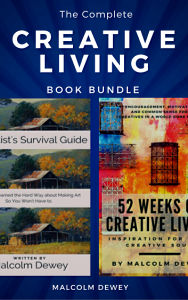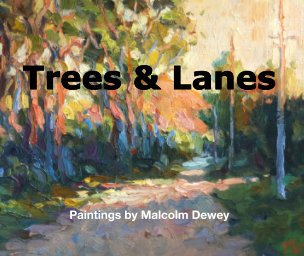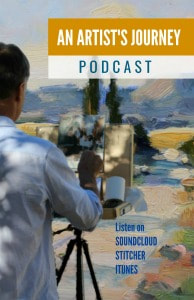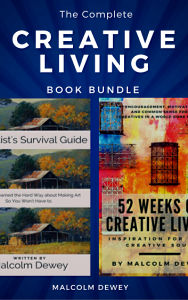...if you are designing a jumbo jet then we would hope that there is a bit more work going into the project. What image does the word obsessive conjure up in your mind? A negative one I should imagine. Perhaps even behaviour that needs some professional help? Certainly obsessive behaviour can suggest extreme conduct that has negative consequences. There is however a good side to obsessive behaviour too. There is scope for all of us to be a bit more obsessive about our passions. Artists can take note that being obsessive is a good thing and should be encouraged. Not sure? Take a leaf out of the book of science!
Recently I watched an excellent documentary on BBC called In Search of Science hosted by Professor Brian Cox. You may have seen it although I do admit that I came across it by chance. It was all about scientists that have contributed immensely to our knowledge about the natural world. The show started with a look at Sir isaac Newton. That giant of genius who amazingly was born in 1642! They were still burning witches back then and here was this man with a modern intellect simply centuries before his time. Newton was obsessive about observing the natural world and finding solutions to problems. This was a good thing since his natural laws, proven by him through extensive experimentation, changed the world of science forever. There were examples of other incredible achievements by obsessive scientists. All very well I thought. These boffins lived a long time ago. But then a mathematician came on who is working at the moment on one of the most perplexing problems. Finding an answer to why the universe exists at all. Not only that, but being able to prove it mathematically. What makes a genius? According to this mathematician the drive to focus and solve a problem long after others would give up distinguishes many geniuses from the rest of us. Ten years of work is required to claim some sort of mastery on any topic. So a genius, or more correctly a master, has an insatiable curiosity and drive to solve the problems of whatever interests him or her. It was argued that for most people, especially in this age of distraction, there is only a superficial interest in anything. We tend to gloss over topics. Nobody gets stuck in to master something anymore. Generalisations yes, but true? Just google it and you can get away with most anything it seems. But if you are designing a jumbo jet then we would hope that there is a bit more work going into the project. Should artists not also become obsessive about their art? Imagine if we could acquire the skill and knowledge of artists that we admire simply by working hard at our art. Does that seem like a good bargain? So what if it is a ten year plus deal. Many others may argue that it is a waste of time. That all the effort to master something like art will never keep the wallet fat. What about those scientists who plugged away without reward or recognition until late in their lives? Perhaps to be vindicated years after their passing. Where they misguided? Take Paul Cezanne and Claude Monet for example. Two artists who persisted and struggled against popular opinion until they were acknowledged as titans of art in their later life. What if they were not obsessive? The answer is that your life's purpose is at stake. There is no escaping this. What brings joy to the artist is art. To ignore it will bring regret. To accept your purpose will bring peace. Money is not the purpose, but there will be enough of it attracted to cover your needs and some luxuries too. It seems that if our purpose in life is at stake that we should be obsessive about it. We should work at our tasks, solve problems, grow in knowledge and always seek the next question so that we may answer it empahatically. The artist need not be embarassed about it or apologise if the chores are delayed. Obsess a little. Create a lot. |
AuthorMalcolm Dewey: Artist. Country: South Africa Archives
June 2024
Categories
All
FREE
|
|











 RSS Feed
RSS Feed






